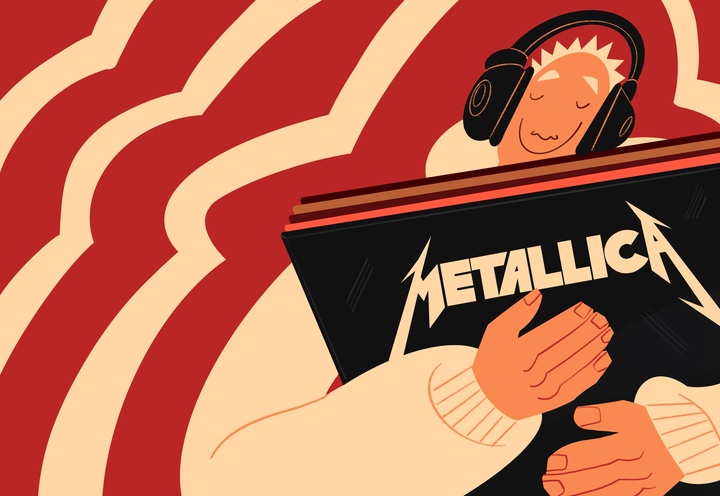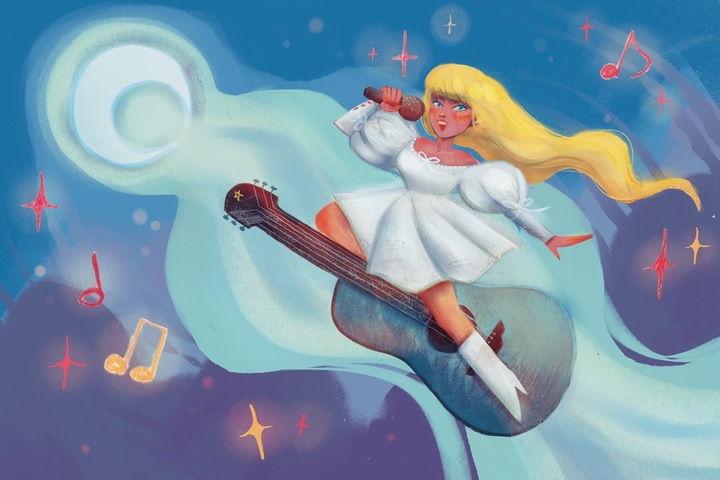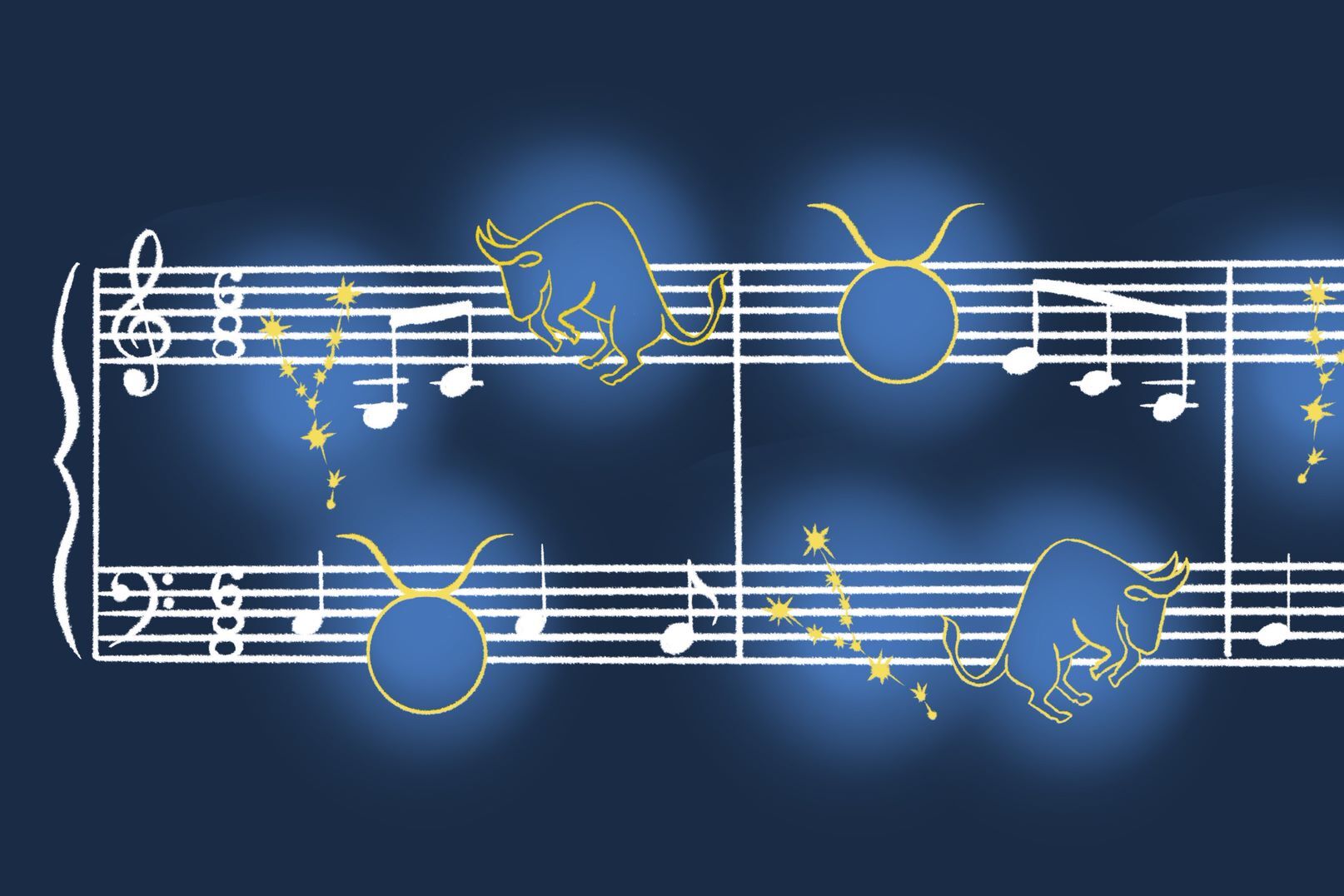Another year, another round of Oscar nominations. As usual, there are surprises and snubs aplenty – but few categories deserved a re-do quite like Best Original Score. Admittedly, it’s a dark time for film scores. Most composers are told to either copy temp music (temporary music that is placed on a scene during editing) or write music that is unobtrusive and doesn’t “pull this audience out of the movie.” Yet there is still hope. Here are some films released in 2017 that definitively bucked this trend.
Please note: I won’t be discussing Michael Giacchino’s score for War for the Planet of the Apes, Mark Mothersbaugh’s score for Thor: Ragnarok, or Hans Zimmer and Benjamin Wallfisch’s work on Blade Runner 2049, as all three are high-profile films that have received a lot of attention. That being said, all three scores are excellent and are well worth a listen. Another final note: this article will strictly discuss scores (originally composed music) and not soundtracks. Sorry, Baby Driver.
Good Time – Oneohtrix Point Never
The conversation for the best film scores of 2017 starts and ends with Oneohtrix Point Never’s work on the Safdie Brothers’ grimy urban thriller Good Time. Daniel Lopatin (who uses OPN as his stage name) has been producing some of the most compelling electronic music of the last few years. The duo was smart to attempt to add a new chapter to film’s long catalog of excellent, electronic musician-composed scores, and they picked a perfect collaborator in Lopatin. His score is feverish, pulsating and wild. In other words, it’s exactly like Good Time. The Safdie Brothers (along with editor Ronald Bronstein) boldly place the score right at the forefront and let it dictate the pace of several key sequences. In a wonderful touch, it even echoes its lead character, Connie Nikas (Robert Pattinson). Upon recruiting OPN, the Safdie’s reportedly wanted him to make a “sloppy prog” album. This relentless drive combined with frenetic, wailing synths and guitars perfectly encapsulates Connie’s recklessness and determination. I’ve been playing it non-stop. As a nice bonus, Iggy Pop provides vocals on the mournful ballad “The Pure and the Damned,” which, despite being musically at odds with the entire rest of the score, fits totally at home here. There should be a law against listening to this score while driving. It’s that exhilarating.
Standout Track: “Leaving the Park”
Columbus – Hammock
My favorite film of 2017 was Columbus – a beautifully understated and emotionally resonant film by first-time director Kogonada. Hammock’s wonderful score manages the tricky balance of not overwhelming the hushed tone of the film, while also accentuating the emotions present in many of the key scenes. Kogonada has openly cited Japanese maestro Yasujiro Ozu as an influence on the film’s pace, tone, and visual style, and Hammock’s score fulfills the same role as the music in Ozu’s films do. It evokes a time and place, and at once sounds instantly nostalgic and wholly unfamiliar.
Standout Track: “Eliel”
Raw – Jim Williams
Another one of my favorite films of last year was Julia Ducournau’s Raw, a massively disturbing and wholly unforgettable mashup of cannibal film and coming-of-age drama. In keeping with the film, the score shifts wildly between playfulness and outright terror, while never letting go of the underlying tension. The main theme is one for the ages, and more than lives up to the themes it’s undeniably going to be compared to (A Clockwork Orange, Suspiria). The first time it’s played is one of the most genius marriages of picture and sound I’ve seen in quite some time.
Standout Track: Finger Scene
Super Dark Times – Ben Frost
Super Dark Times – written, directed, photographed and produced by SCAD graduates – resists taking the easy road at every turn. There are no pop songs to telegraph its mid-90’s setting and very few pop culture references. The score is emblematic of the film’s bold approach. It almost appears to blend its sound design to its darkly disturbing score, which creates the sensation that this mid-winter New York town is perched on the edge of the world. It evokes both the adolescent innocence of pre-Columbine America and the catastrophic violence that factors heavily into the film’s plot. Frost’s work creates a mood so oppressive and unnerving that just writing about it makes me feel like I should sit by a fire.
Standout Track: I Have No Maximum Velocity
A Ghost Story – Daniel Hart
A Ghost Story’s soundtrack sounds as immense as it’s lofty thematic ambitions, building a deep wall of emotion behind the facade its deceptively simple plot. Hart’s score allows the film to feel profound yet not ponderous. Its influences are tricky to pin down – it appears to brush up against post-rock, classical music and folk-rock that sounds ripped straight from the American heartland. Hart manages an awe-inspiring blend of vastness and intimacy that is all too rare. There’s also another factor to consider – much of the film is dialogue-free. Luckily, Hart’s music doesn’t just cover for the lack of dialogue. It finds meaning in the silence.
Standout Track: Thesaurus Tuus
Mudbound – Tamar-kali
Most good film scores are inseparable from the mood of the film – they either support the images on screen or they contrast them to great effect. Sometimes these connections are tangential, and other times they’re literal. Tamar-kali’s Mudbound score is certainly an example of the latter. I had the great privilege to interview Tamar-kali at the Savannah Film Festival, and she told me that director Dee Rees wanted the score to evoke the feeling of being “dragged through mud.” The visual metaphor of African-Americans historically being trampled underfoot echoes throughout the entire film and is omnipresent in Tamar-kali’s churning, uncompromising score. By refusing to sanitize any of the horrifying images on screen, the score sounds as if it’s been unearthed from the Mississippi Delta itself. It’s both period-accurate and wholly modern – which suggests that the societal issues the Jackson family faces in Mudbound are more than relevant today. Spoiler alert: they are.
Standout Track: Intro / Mudbound Theme



